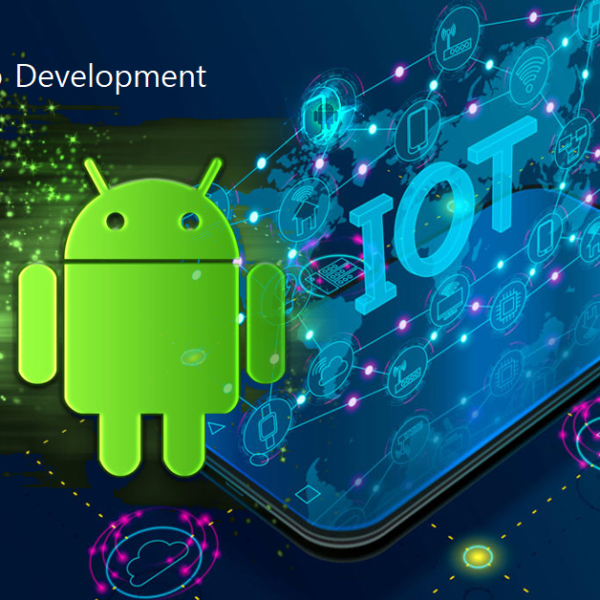
5G Technology: Revolutionizing the Way We Connect
The advancement of technology has dramatically changed the way we live, work, and communicate. The introduction of 5G technology is no exception. 5G, the fifth generation of cellular network technology, is poised to revolutionize the way we connect and access information. With its faster download and upload speeds, low latency, and support for a large number of connected devices, 5G has the potential to transform many aspects of our lives.
What is 5G Technology?
5G technology is the latest generation of cellular network technology that promises to deliver faster, more reliable, and more efficient wireless communication. Unlike previous generations of cellular networks, 5G technology is designed to provide faster download and upload speeds, lower latency, and more reliable connections. This means that users can experience lightning-fast internet speeds, transfer large amounts of data, stream high-quality video, and play online games without any lag.
Advantages of 5G Technology
One of the most significant advantages of 5G technology is its ability to deliver faster download and upload speeds. With download speeds up to 20 times faster than current 4G networks, users can download large files in seconds and stream video in real-time. This means that users can work, play, and communicate more efficiently and effectively than ever before.
Another important advantage of 5G technology is its low latency, which is the time it takes for data to travel from one device to another. With 5G, latency is reduced to just 1 millisecond, making it possible to support new and innovative applications that require fast and reliable connections. This includes everything from virtual reality gaming to self-driving cars, which rely on real-time communication to function properly.
One of the key features of 5G technology is its ability to support a large number of connected devices, which is critical for the Internet of Things (IoT). With 5G, it will be possible to connect a vast network of devices, from smartphones and laptops to smart homes, wearable devices, and autonomous vehicles. This means that users will be able to control their devices from anywhere and receive real-time updates and alerts, making their lives easier and more convenient.
Another benefit of 5G technology is its ability to provide more reliable connections. With its advanced network architecture and improved signal strength, 5G networks are expected to offer more stable and consistent connections, even in densely populated areas where network congestion can be a problem. This means that users can count on 5G to provide fast and reliable connections no matter where they are or what they are doing.
Impact of 5G Technology on Society

Impact of 5G Technology on Society
5G technology is poised to have a profound impact on society, touching virtually every aspect of our lives. From the way we communicate and access information to the way we work and play, 5G technology will revolutionize the way we live.
Improved Communication
One of the most significant impacts of 5G technology will be on communication. With its fast download and upload speeds and low latency, 5G technology will allow users to communicate more efficiently and effectively than ever before. This will be especially important for remote workers, who will be able to collaborate in real-time with their colleagues, no matter where they are in the world.
Moreover, 5G technology will also provide new opportunities for communication, such as virtual and augmented reality. With 5G, users will be able to experience virtual reality in a way that is more realistic and immersive, allowing them to connect with others in new and innovative ways.
Expanded IoT and Smart Cities
Another major impact of 5G technology will be on the Internet of Things (IoT) and the development of smart cities. With its ability to support a large number of connected devices, 5G technology will enable the growth of smart cities, where devices and systems are connected and can communicate with each other to improve efficiency, safety, and quality of life.
For example, 5G technology will make it possible for cities to implement smart traffic systems, where traffic lights and other systems are connected and can communicate with each other to optimize traffic flow and reduce congestion. Additionally, 5G technology will also make it possible for cities to deploy smart lighting systems, where lights are connected and can be controlled and monitored remotely to reduce energy consumption and improve safety.
Autonomous Vehicles
Another area that is expected to be impacted by 5G technology is the development of autonomous vehicles. With its low latency and fast data transfer speeds, 5G technology will enable vehicles to communicate with each other and with traffic systems in real-time, making it possible for autonomous vehicles to navigate safely and efficiently. This will not only improve the safety of drivers and passengers but also have the potential to reduce traffic congestion and improve the overall efficiency of transportation systems.
Conclusion
5G technology is poised to revolutionize the way we live, work, and communicate. With its faster download and upload speeds, low latency, and support for a large number of connected devices, 5G technology will transform many aspects of our lives, from the way we communicate to the way we work and play. As 5G technology continues to evolve and mature, we can expect to see even more exciting and innovative applications that will change the way we live and work.











